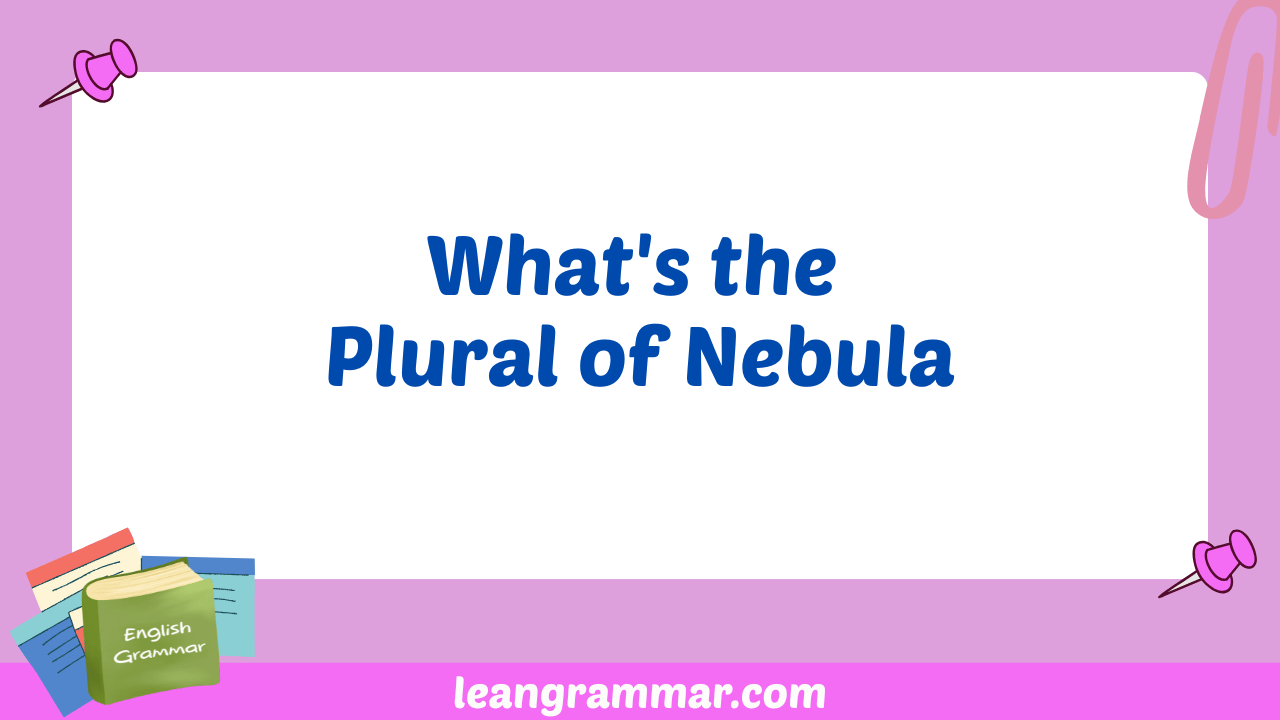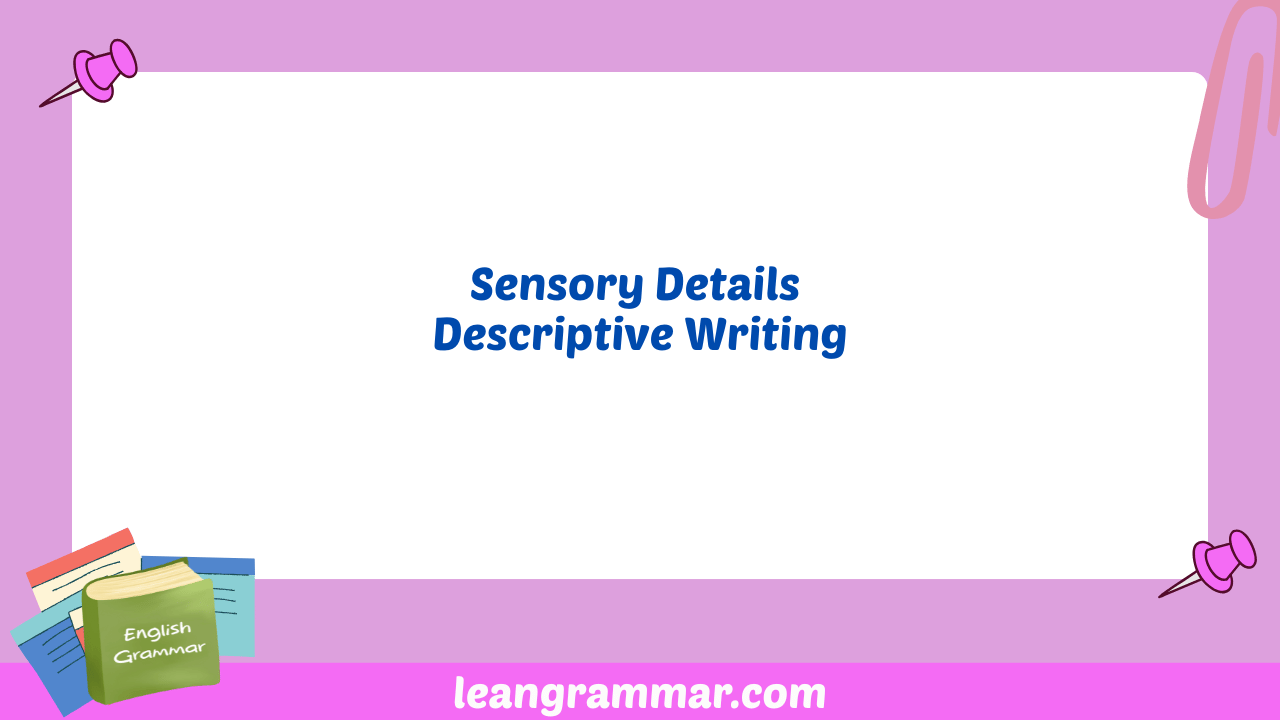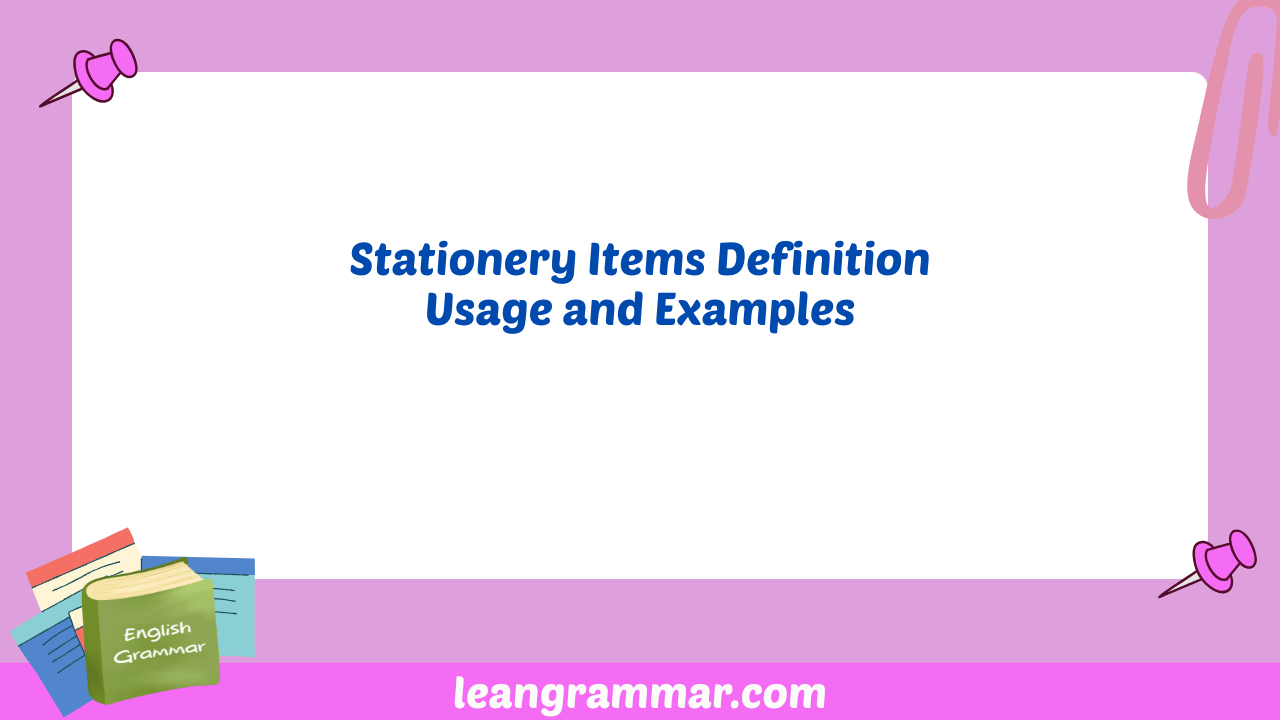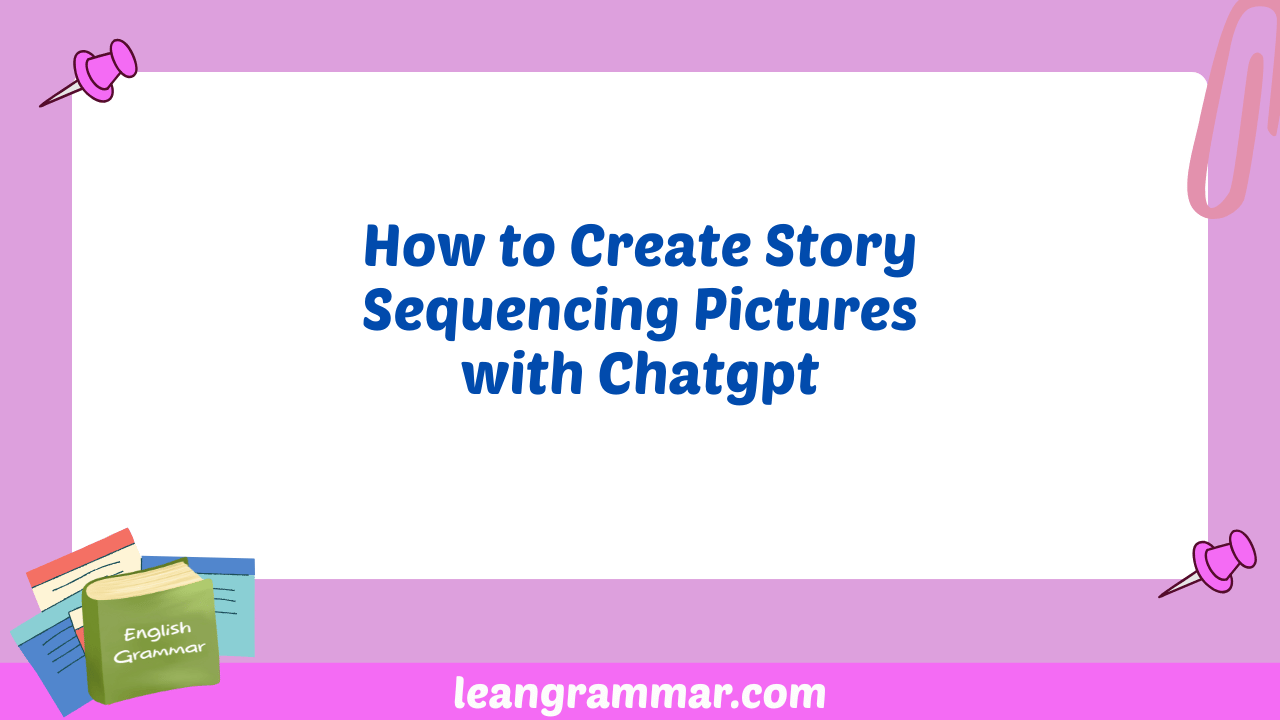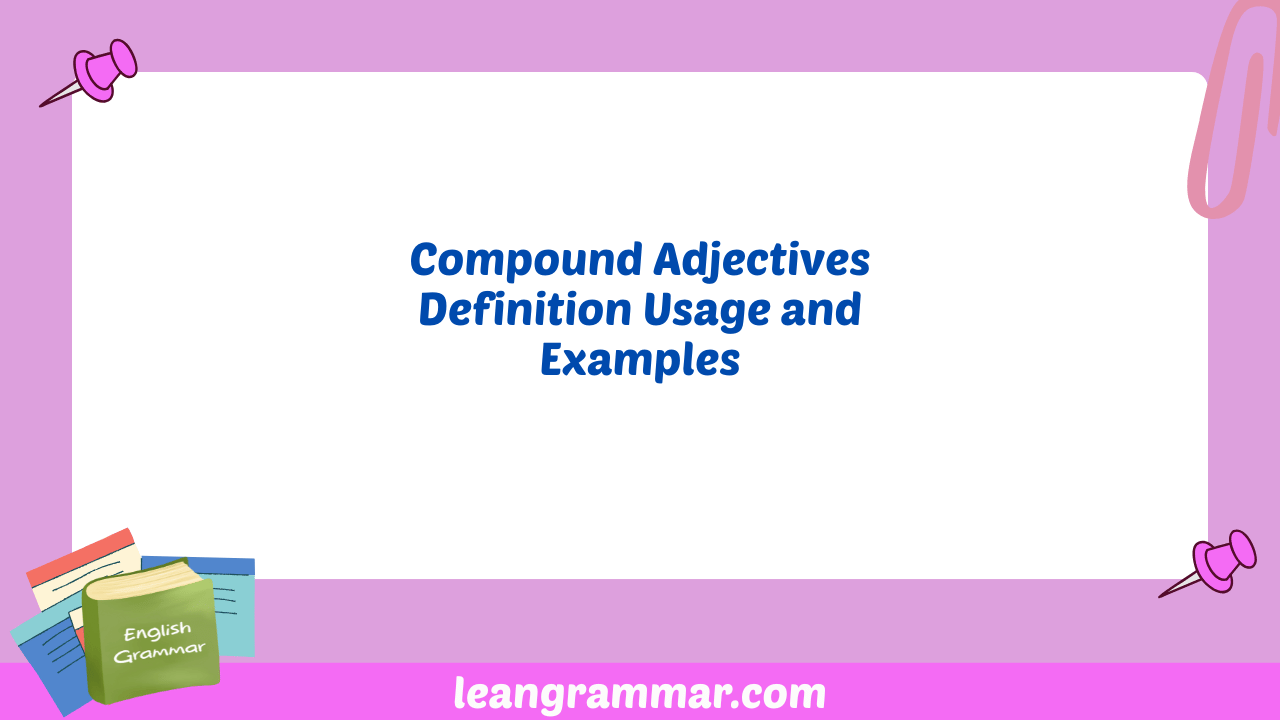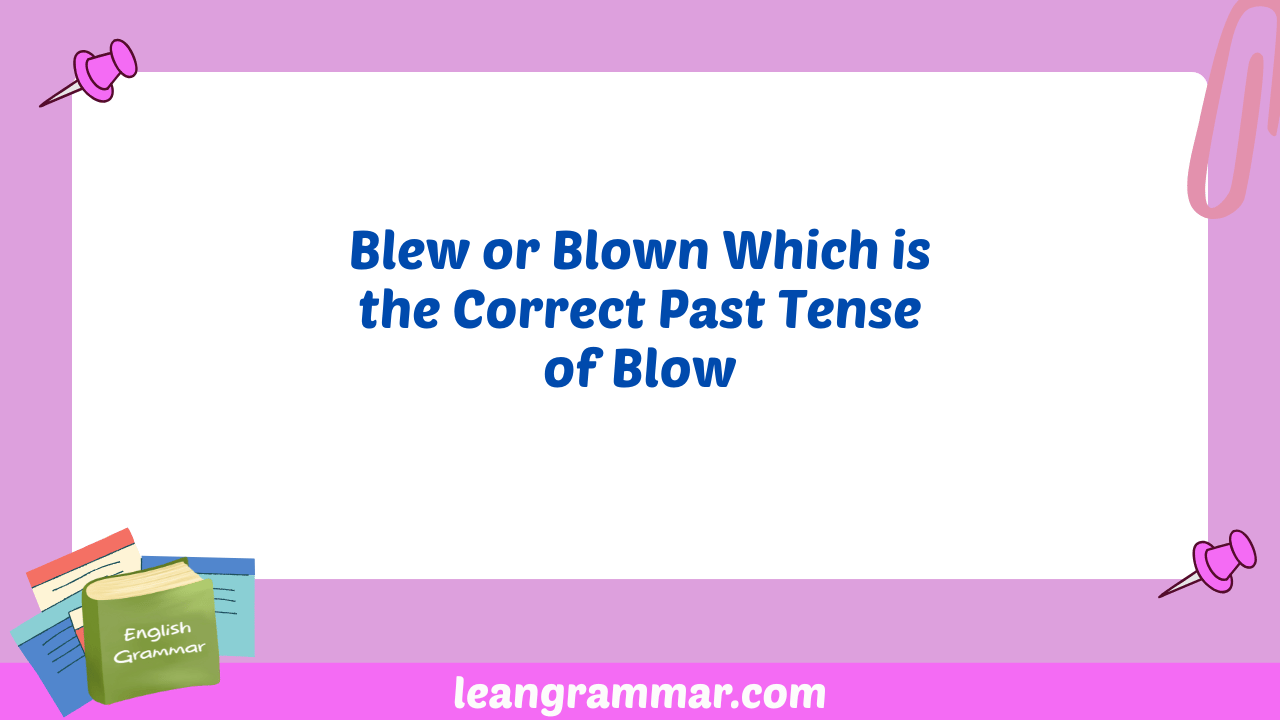Nebulae or Nebulas: Mastering the Plural of Nebula
Understanding how to form the plural of nouns can sometimes be tricky, especially when dealing with words of Latin or Greek origin. One such word is “nebula,” a term frequently used in astronomy to describe interstellar clouds of dust, hydrogen, helium, and other ionized gases. Knowing whether to use “nebulae” or “nebulas” is essential for … Read more
